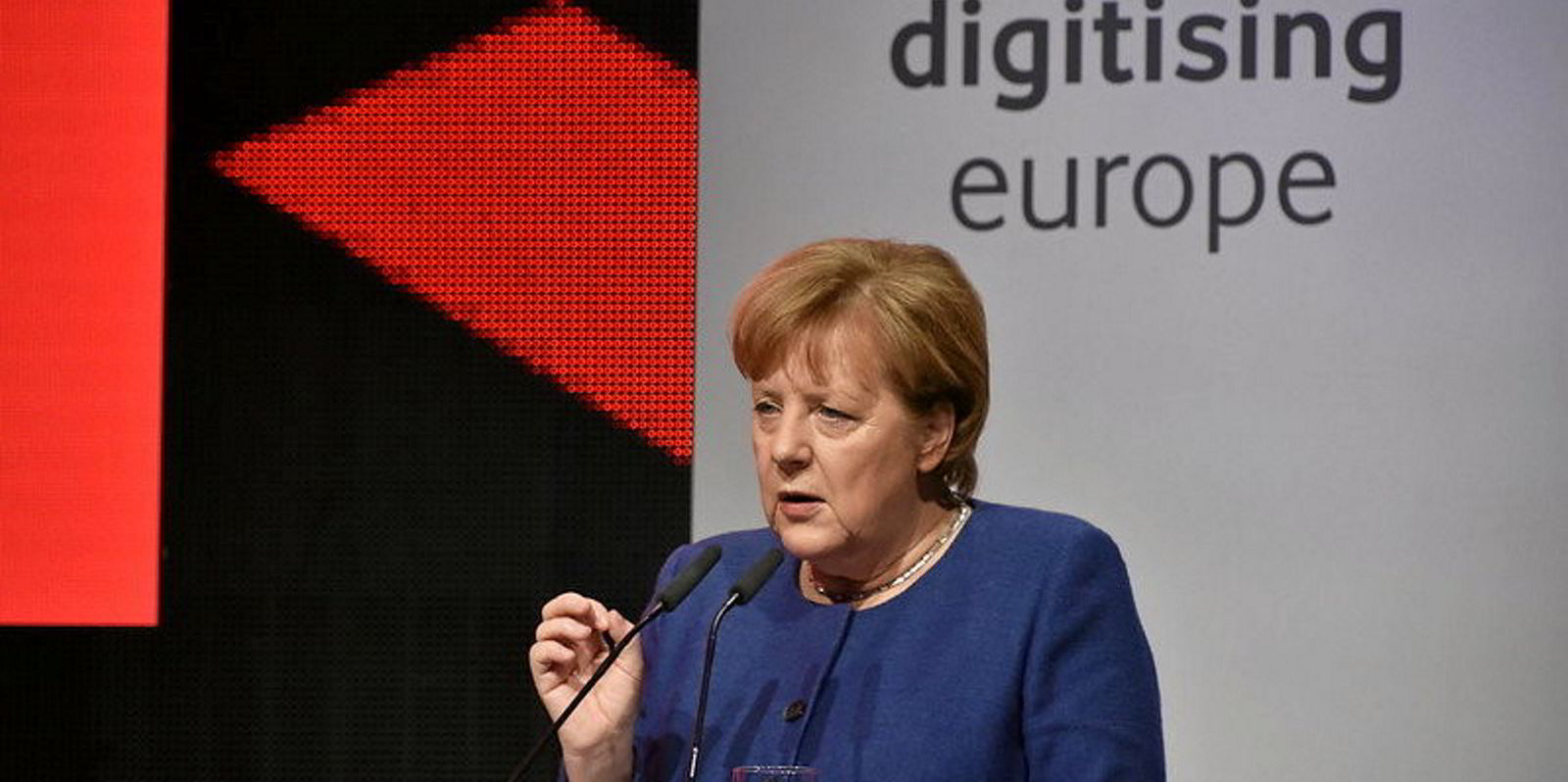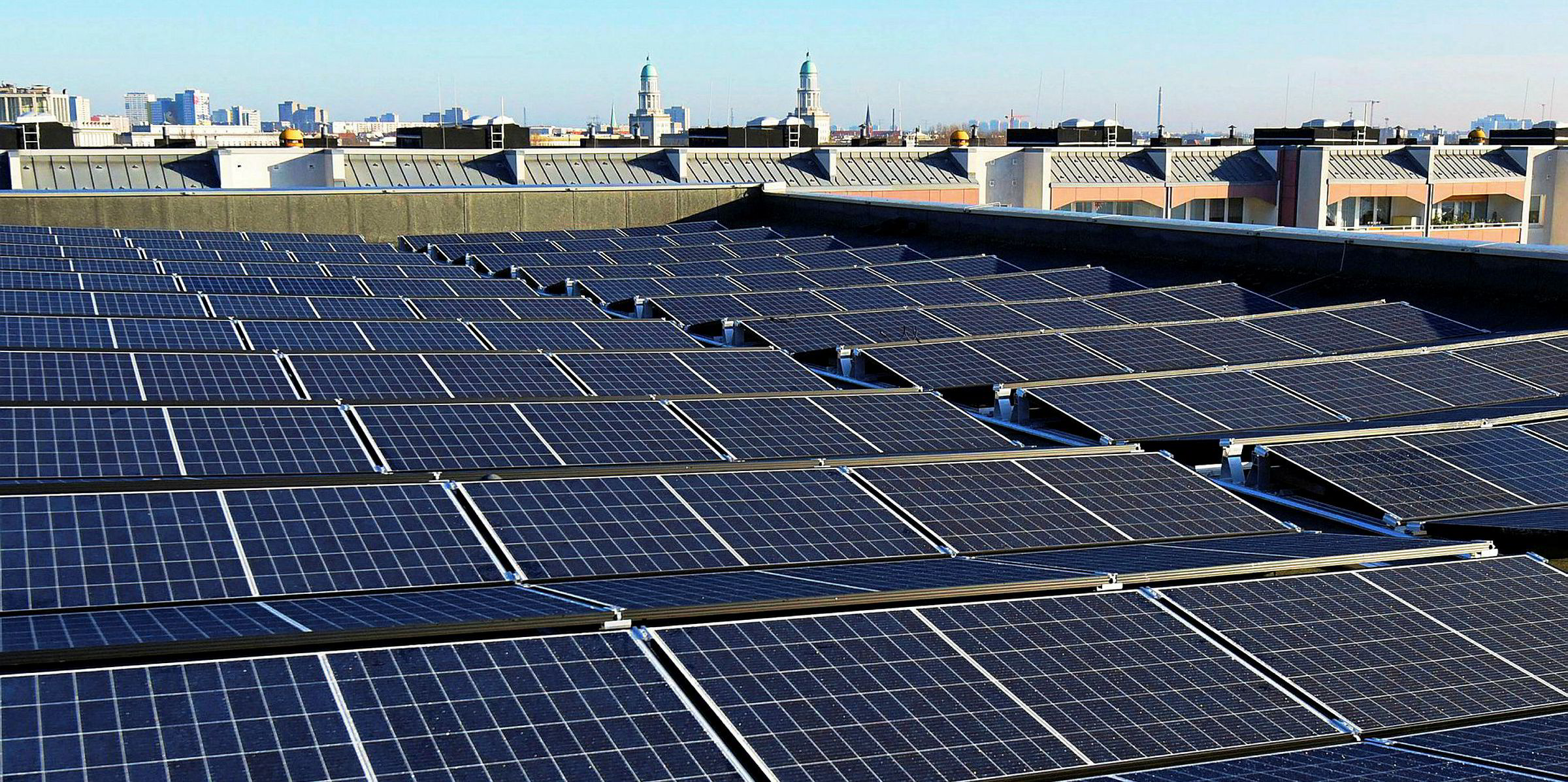Germany thanks to diminished emissions amid the Covid-19 pandemic has met its 2020 climate target, data from the Agora Energiewende think tank showed, but the renewables sector warned the energy transition must speed up in the heating and buildings sectors.
Get the market insight you need into the global oil & gas industry's energy transition – from the new newsletter from Upstream and Recharge. Sign up here
Europe’s largest economy reduced greenhouse gas emissions by 42.3% last year when compared to 1990 levels, but without the coronavirus effects the reduction would have reached only 37.8% causing Germany to miss its 2020 target.
“The figures clearly show that we cannot relax based on the corona effect, but that we have to do more for climate protection,” said Kerstin Andreae, chairwoman of the energy and water industries federation BDEW.
“This also includes focusing more on the heating market, which has a significant share in Germany's total greenhouse gas emissions.”
If the EU raises its 2030 emissions reduction target as planned, Germany also needs to accelerate its modernisation efforts in the heating sector, Andreae added.
Renewables nearly 50% of output
Germany’s federal grids agency (BNetzA) said that in 2020, the production of renewable power fed into the grid almost reached half of the country’s entire electricity output with 49.3%, compared to 46.1% in 2019. The figures do not include power plants directly linked to industry or the self-consumption of power plants.
According to the BNetzA figures, onshore and offshore wind combined covered 27.4% of power generation, while solar accounted for 9.7%. Other renewable sources combined – biomass, hydro and others – reached a share of 12.2%.
Germany in 2020 again was a net exporter of electricity, exporting 18.9 terawatt hours of power more than it imported. But net exports fell by 46.2% from the previous year.
Day ahead wholesale power prices fell to €30.47 ($37.42) per megawatt hour on average in 2020, from €37.67/MWh on average in 2019.
Energy consumption down
Germany's overall energy consumption, including that of transport and heating, fell by 8.7% last year, mainly due to the Covid-19 effect, but also because of a longer-term trend towards a higher energy efficiency, according to the Arbeitsgemeinschaft Energiebilanzen (AGEB) - or working group on energy balances.
The AGEB was founded by the energy sector and research institutes, and compiles consumption data that serves as a basis for Germany's energy policy.
Energy consumption plunged in fossil fuels, especially lignite (-18.2% yoy) and hard coal (-18.3%), but nuclear also fell steeply (-14.4%), while 12.1% less oil was consumed. Only the consumption of renewable energies rose, up 3.0%.
UPDATED to add energy consumption data from AGEB



